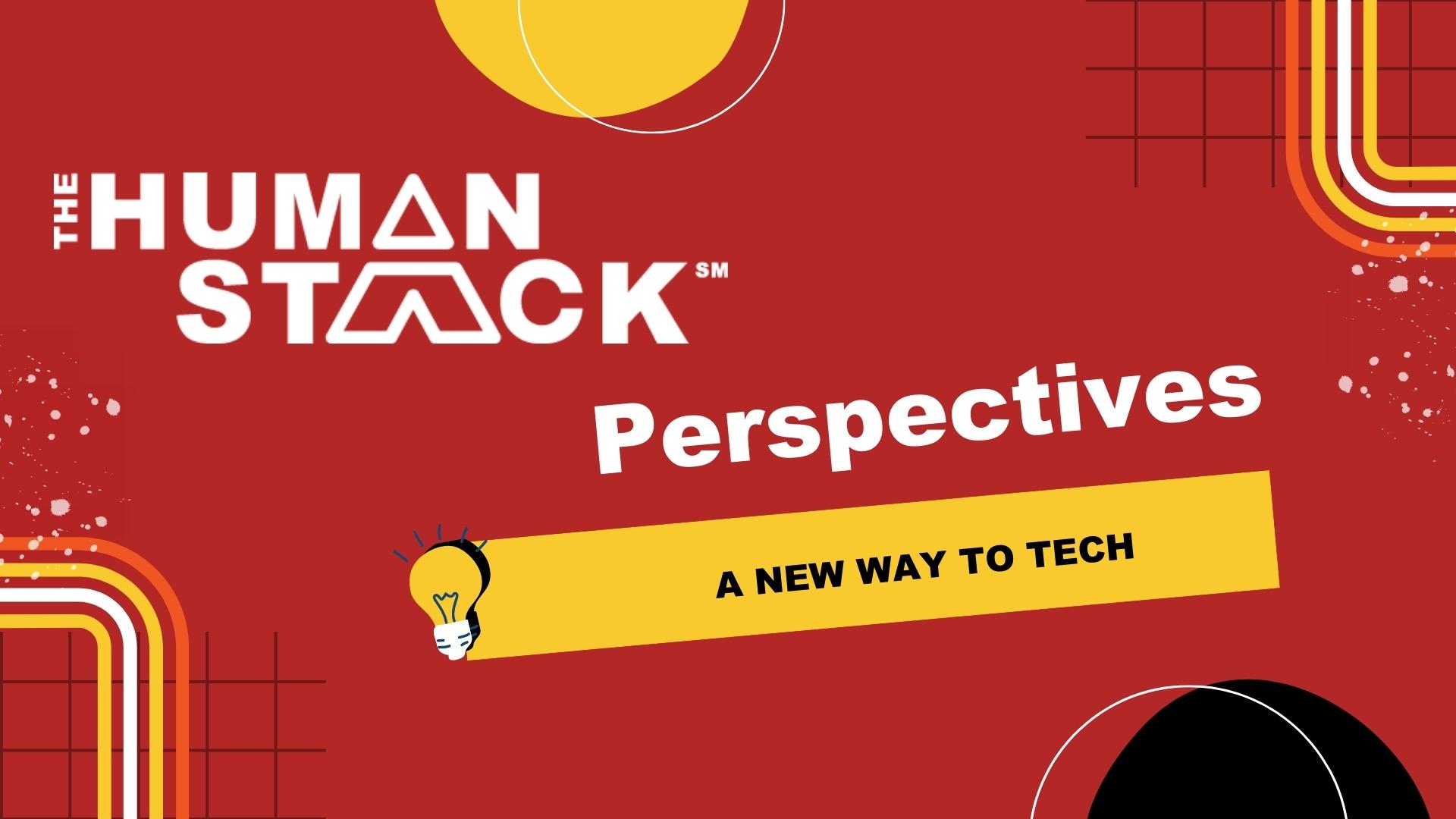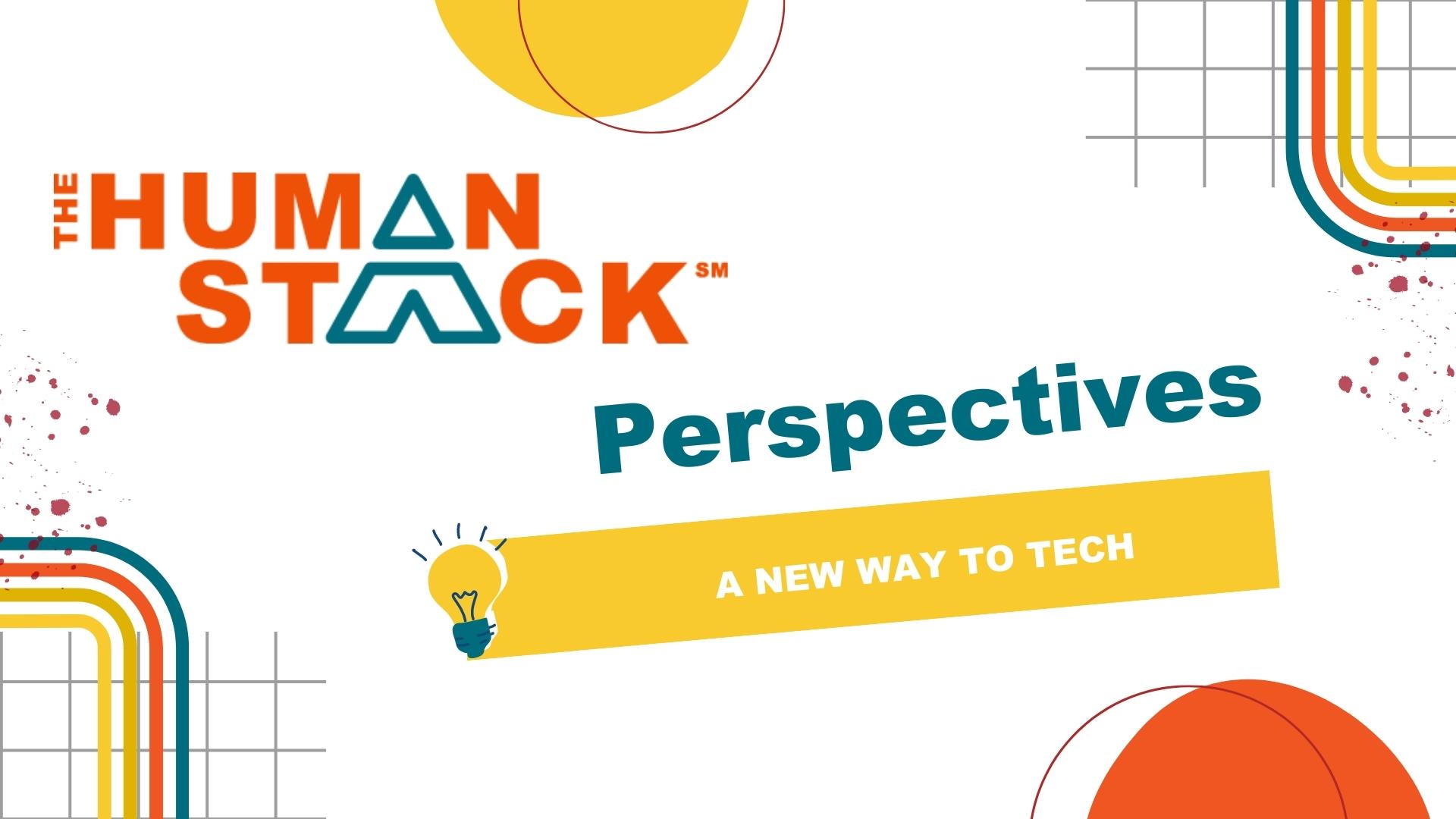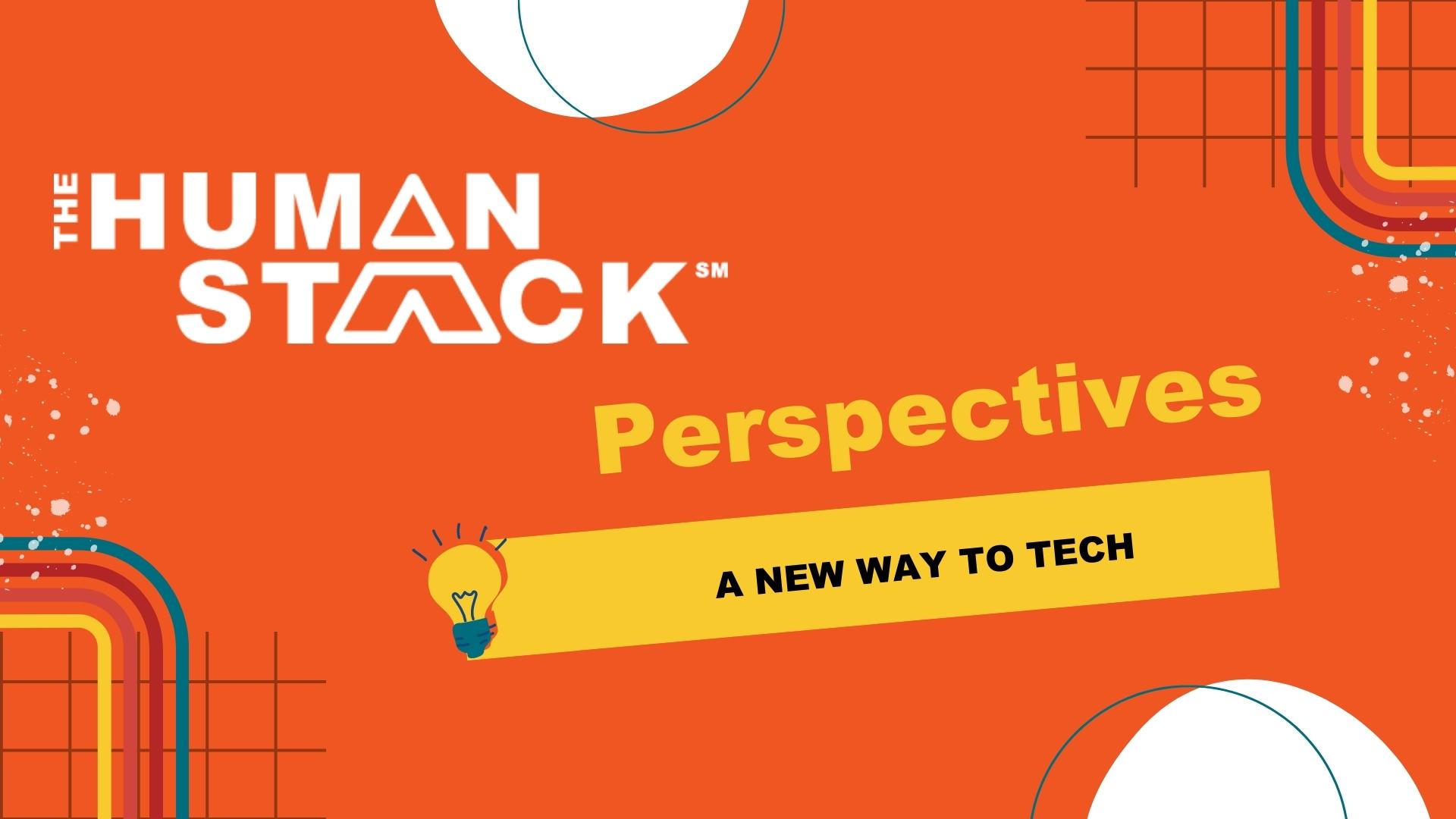4 min read
I’m a CEO, and my staff needs me to talk about my unsolved mental health issues. Do yours?
 Tim Lockie
:
May 4, 2021
Tim Lockie
:
May 4, 2021
CONTENT WARNING: This post discusses suicidal feelings.
It’s time to move mental health out of the #NSFW category and into the everyday life experience. CEOs, we can make this transition happen faster because of our positions of power in our organizations, so we need to talk about our own experiences. I’m one of you, I’ve spoken with you, I text you, I know the truth. Many of us struggle with depression, anxiety, ADD, hero-complexes, sleeplessness, impostor syndrome.
Mental health is a journey, not a race. I don’t have an excuse for being depressed; it chose me. I have great parents, I have my fundamental needs met, and I am in a happy marriage with family by my side. But mental health does not discriminate, and I have learned that my struggle with depression isn’t going away. It won’t get better, but I’m getting better with it. The stakes are high; my journey included a suicide attempt over a decade ago. Through the support of my counselor and family, my depression is manageable; some days are better than other days, and some days I need to call a time out.
Why am I saying all this? Since 1949 Mental Health organizations have recognized May as #MentalHealthMonth, and in 2021 it’s more relevant than ever. With more remote work environments, isolation, and disparity, we must address DEI and mental health issues now and tackle them with vulnerability. Our staff and direct reports need us to be more honest about the unsolved mental health issues. Numerous people said that framing my struggles as “depression is winning today” was necessary. People don’t need to hear another story about influential, privileged people overcoming depression; they need to hear authentic examples of us being in the journey when we’re losing, not after it when we’ve “won.”
The Learnings
Here are some things I have learned on this journey, from the perspective of a white male CEO at Now IT Matters:
- I can set the bar: What I’m willing to share is a signpost for others to share themselves and reduces the risk of those around me talking about mental health in real-time. If the owner/CEO is talking about mental health challenges, it creates air cover for others who have less power in the organization.
- Others face more risk: It is more challenging for others to be vulnerable in the workplace, and my privilege shields me from the worst effects.
- Trauma affects performance: I remember when the twin towers came down in 2001. My wife and I watched in horror as the second tower came down. Looking back, I can only imagine what it would have been like if an employer had required me to be at work, I would have struggled to focus, and my performance would have dropped. Trauma will affect staff and performance. The week of the George Floyd verdict affected the team unequally. To those of us who are committed to understanding DEI work, we need to create management systems that understand and account for the traumatic events that happen to our staff. (Does this need its own post, write to me if you think so!)
- Culture is a mitigating factor: Mental health is isolating; a company culture that creates belonging is a strong defense. Work isn’t therapy, and managers aren’t therapists, but work can be a place of empathy. This culture is vital because it creates conditions that reduce the worst effects of isolation.
- Pride is my only barrier: I was afraid to admit my mental health issues for years because I was concerned that people would associate the brand of Now IT Matters with my mental health challenges. Over time I’ve lost that fear. I’ve understood that I should be afraid of not creating the space and safety that staff need to identify and find their way in their mental health challenges. Other risks exist for different people; unsupportive managers, social stigmas, judgemental family, custody concerns. These are real risks that I don’t happen to face, which makes it less expensive for me to share my story – and that helps normalize mental health challenges.
- It’s my job to talk about my issues: As a person in power at my company, I want to make sure I’m not making it someone else’s job to ask if I’m doing ok. At best, it’s awkward, and at worst, it’s risky. So when I’m off my game, I’m committed to having enough self-awareness to watch for warning signs and identify them myself. People are different, but the way that I express depression is through frustration and intensity, which feels identical to anger to those working around me. I had to learn to be careful not to punish people for my lack of awareness and to own my issues to not land on others.
The Path Forward
There are many ways to support your staff and make sure your company isn’t failing to include mental health in overall health. Here are some simple ways you can get started:
- Speak openly about mental health. Let’s be clear, there’s oversharing. Here’s how to avoid the TMI trap:
- What’s happening (not specifics)
- What you need (not what you need from them)
- What they should expect from you
- Here’s an example of what this looks like: “Hi team, after trying to push through for the past week, I’ve recognized that I can’t just ignore my mental health. I need to take a step back for the next two days after experiencing several days of anxiety (details are yours to share). While I’m out, reach out to X for anything urgent.”
- For Execs, set up a daily touch base with X to be aware of what’s happening that might be urgent.
- That’s it, simple to the point, honest, and helpful.
- Create a culture of acceptance from the top.
- Train managers to recognize signs of depression and stress and give them a framework for addressing when employees are struggling.
- Establish alternative work styles and modes of communication that feel safe (text-based, video off).
- Evaluate your health benefits and make sure insurance offers no or low out-of-pocket costs for mental health services and medication, including a solid Employee Assistance Program (EAP)
The cost of not making clear paths for those in your company to talk about this is substantial. Get ahead of the issues and avoid a crash landing by taking this Mental Health Awareness Month to reflect on how you can support your staff through the highs and the lows. If you feel a bit disconnected from the topic or think to yourself, “I’ve never really had an issue with depression,” remember to identify how privilege may have played a role in your life and protected you from the repercussions of depression winning the battle today.






